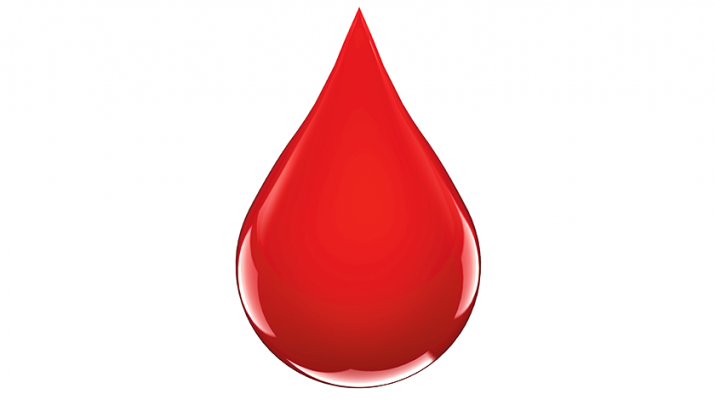Red Cross officials calling on people to donate blood to alleviate shortage
By Ernst Lamothe Jr.
Meagan Suhr is having a blast playing with her 20-month daughter, Ella. It has been a journey the last year and a half with her daughter going through several rounds of brain surgery, chemotherapy and blood and platelet transfusions.
“She would not have been able to recover if not for people generously donating blood,” said Suhr, who lives in Lyndonville in Orleans County.
“She is doing incredible, but her body would not have been able to take the chemotherapy without blood transfusions because it would have been too weak.”
It’s a story that American Red Cross officials talk about during this season. When the weather heats up in the summer, the blood supply cools down.
The American Red Cross is facing a critical blood shortage and is issuing an emergency call for eligible blood and platelet donors of all blood types to give now and help save lives. Blood donations have fallen short of expectations for the past two months, resulting in about 61,000 fewer donations than needed. In comparison, the organization had only 39,000 fewer donations last summer.
The shortfall is the equivalent of the Red Cross not collecting any blood donations for more than four days.
“During the summer months, you have less community blood drives by businesses and churches because people are on vacation,” said Patty Corvaia, communications manager of the New York-Penn Blood Services Region. “On top of that, more than 20 percent of our donations come from high school and college students, and with school being out, we aren’t able to have blood drives there. This season is always a tough time for us, but this year it is even worse.”
Nearly one-third fewer new blood donors came out to give last summer than during the rest of the year due in part to schools being out of session during the summer months. In general, schools are where blood drives are held and where new donors give blood.
Because of this issue, area Red Cross organizations in Rochester, Buffalo and Syracuse are setting up numerous blood drives throughout the summer to stem the tide. Throughout the New York-Penn region, the Red Cross serves around 90 hospitals. It is Rochester’s primary blood supplier for all its hospitals along with some in the Buffalo area. Rochester alone has four blood donation centers in the metro area and Rochester has a long connection with the Red Cross.
“We need community blood drives throughout the year. We need blood on the shelves to provide to hospitals for trauma patients and burn victims who need immediate help as well as people who are in surgery, cancer patients and those with blood disorders,” added Corvaia.
New donors and those who haven’t given in a while are especially encouraged to roll up a sleeve and help save lives.
Blood cannot be saved forever with platelets lasting five days and red blood cells lasting 42 days.
Debra Dunn, district manager for general recruitment for the Red Cross in Rochester, said blood donation is more vital than people understand, especially since less than 5 percent of the eligible population donates. The need for blood is high and she encourages people to donate at least twice a year.
“This issue is important because there is no replacement for blood. There is no synthetic version so the only way someone can receive blood is from people who are donating blood,” said Dunn. “We need to stabilize the blood supply.”
Often people tend to donate in a tragedy or emergency like when blood was needed after the Pulse Night Club shooting in Orlando. This tendency is the same reason food donation sites are usually desperate for donations after the holidays.
“We do have a generous population, but I just think people forget that we are always in need,” added Dunn. “We just have to make people understand that we don’t have a refrigerator of endless blood supply. We do have a real shortage in the summer.”
Every two seconds in the United States blood and platelets are needed to respond to patient emergencies, including accident and burn victims, heart surgery and organ transplant procedures, and patients receiving treatment for leukemia, cancer, or sickle cell disease. The Red Cross must collect nearly 14,000 blood donations every day for patients at approximately 2,600 hospitals across the country.
Every person who donates receives a $5 Target card.
How to Help
To schedule an appointment to donate, use the free Blood Donor App, visit redcrossblood.org or call 1-800-RED CROSS (1-800-733-2767). The Red Cross has added more than 25,000 additional appointment slots at donation centers and community blood drives across the country over the next few weeks to accommodate more donors. Donation appointments and completion of a RapidPass online health history questionnaire are encouraged to help reduce the time it takes to donate.

